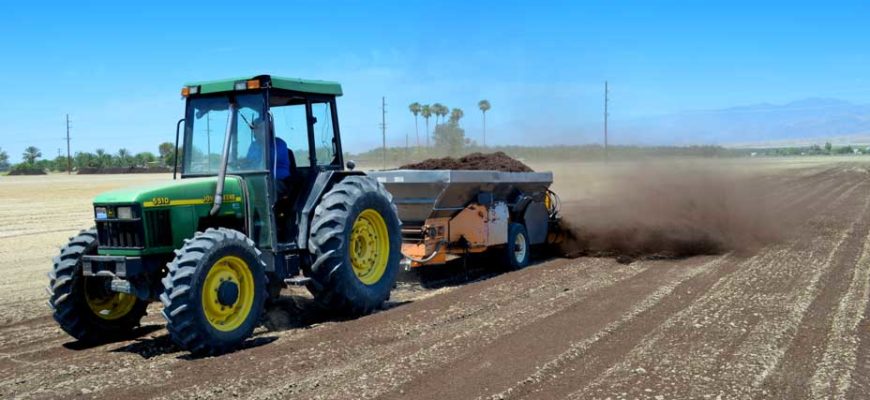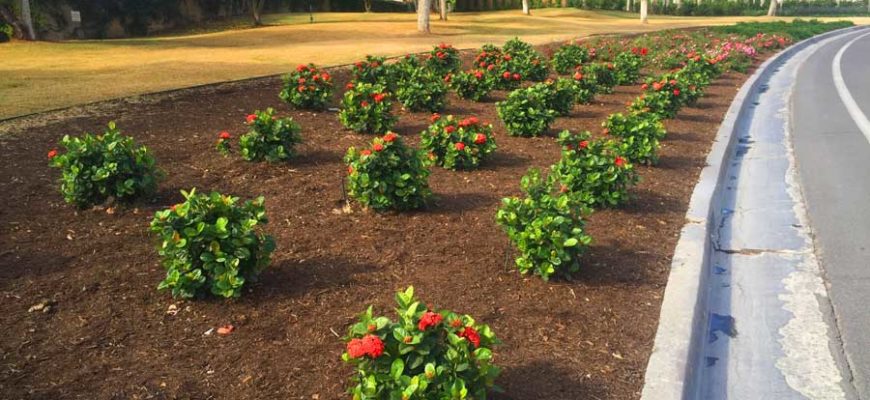Agricultural

What is Composting?
Composting is the biological decomposition of organic materials by microorganisms under controlled, aerobic conditions to a relatively stable humus-like material called compost. Composting can happen in many different ways using a variety of materials, methods, equipment, and scales of operation. For agricultural operations the common materials or feedstocks that are composted are livestock manures and bedding and various residual plant materials (straw, culls, on-farm processing wastes, etc).
Traditionally some farmers allowed manure to pile up and it decomposed until they were ready to use it. Some have referred to this as composting. Composting is much more than just aging manure – it is a science. The decomposition occurs in a well-managed process to obtain specific positive results – a valuable product – with a minimum of negative environmental impacts.
Why Compost
The nutrient content of compost will be quite different from the manure and other feedstock that go into the mix. As water evaporates, the carbon breaks down and is lost as carbon dioxide, the compost volume decreases and the phosphorous and most other nutrients become more concentrated. Some nitrogen will be lost during composting and some will convert from readily available forms (nitrate and ammonia) to more stable organic forms that are slowly released to crops. It has been estimated that less than 15% of the nitrogen in compost (that has been applied to the soil) will be released in the first crop year compared to 50-60% for uncomposted dairy manure. The nutrient value of compost can be highly variable depending on the materials being composted and the composting system used.
The finished volume of the compost is frequently 40-60% of the original compost feedstock volume. The compost process reduces the volume to be handled and transported to the field utilization site. It also concentrates many of the nutrients in the compost material compared to their concentrations in the original materials. Well-managed compost reduces odours and runoff moisture to reduce potential environmental hazards.
Advantages
- Reduce/eliminate pathogens
- Reduce volume and moisture content
- Reduces viable weed seeds
- Reduces insect larvae (fly problems)
- Reduce odour
- Stabilize organic components and nutrients
- Produce a soil amendment/fertilizer
Commercial

SA Recycling Organics offers mobile equipment services – let us come to you! On an as needed basis or set contracts and schedules, we can come to you. We can customize our services that leave the processed material for use or can include transportation and recycling of processed materials for beneficial use.
- Composting
- Grinding and Custom On-Site Services
- Tree Removal
- Landclearing
- SpreadingOrganics Management Programs
- Organics Management Programs


Recent Comments